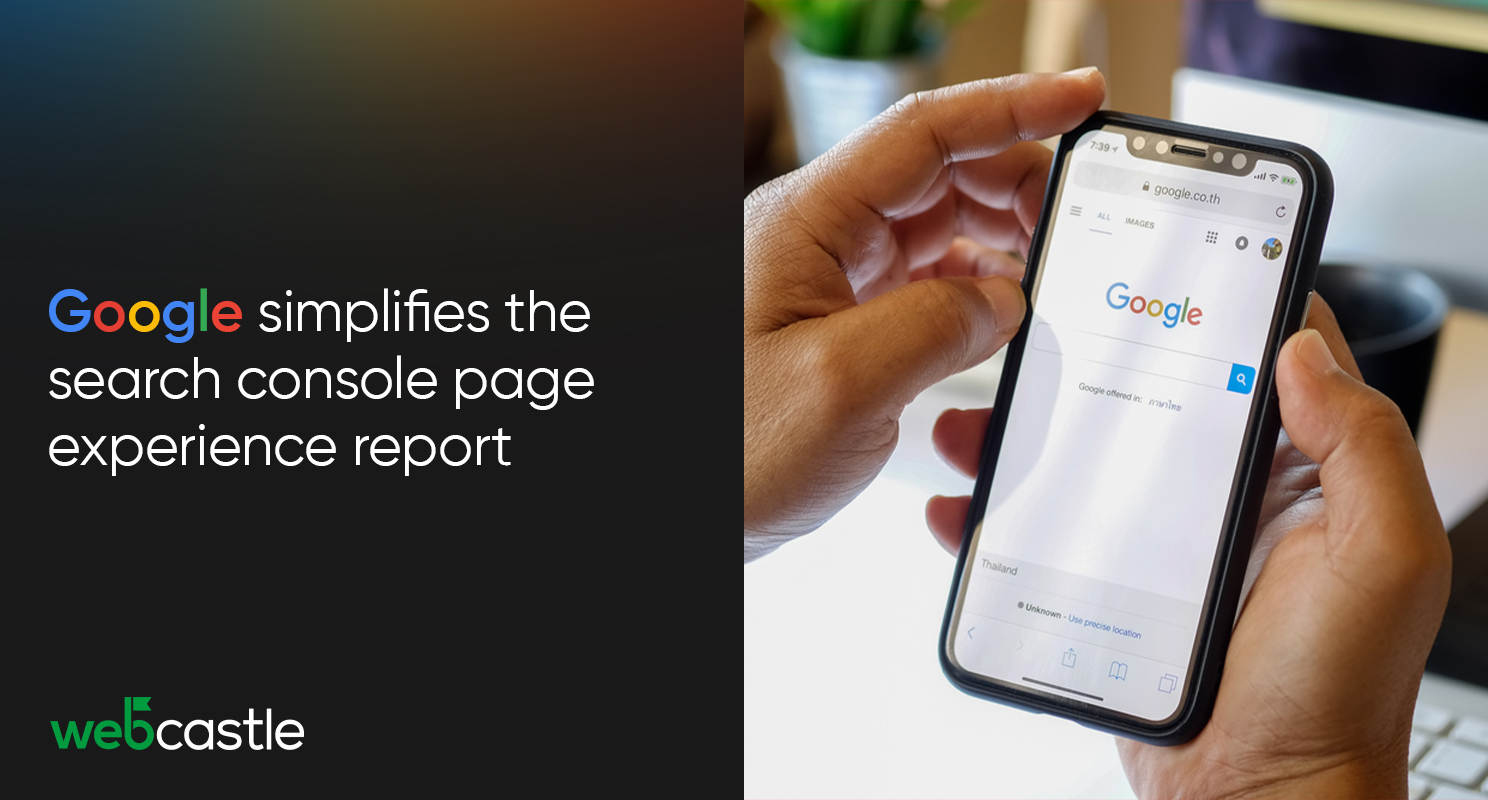
In the ever-evolving landscape of digital marketing and search engine optimization (SEO), staying updated with the latest tools and features is crucial. One such recent development that has stirred excitement among SEO professionals is Google’s revamped Search Console Page Experience Report. In this comprehensive guide, we will delve into the key aspects of this update, exploring how it simplifies the user experience and empowers webmasters to enhance their website performance.
Google’s Search Console is a vital tool for webmasters and SEO experts, offering insights into how their websites perform in Google search results. The Page Experience Report, introduced as part of Google’s commitment to prioritizing user experience, provides a consolidated view of various user-centric metrics. This includes the Core Web Vitals, mobile usability, security issues, and more.
At the heart of the Page Experience Report are the Core Web Vitals – a set of specific factors that Google considers crucial for a positive user experience. These metrics include:
Largest Contentful Paint (LCP): Measures the time taken for the main content of a page to load. Google recommends an LCP of 2.5 seconds or less for optimal performance.
First Input Delay (FID): Evaluates the responsiveness of a page by measuring the time it takes for a user to interact with it. A good user experience requires an FID of 100 milliseconds or less.
Cumulative Layout Shift (CLS): Assesses the visual stability of a page by quantifying unexpected layout shifts during loading. A CLS score of 0.1 or less is considered satisfactory.
Understanding and optimizing these Core Web Vitals is now more accessible through the streamlined interface of the Search Console Page Experience Report.
With the increasing prevalence of mobile device usage, Google prioritizes mobile-friendly websites in its search rankings. The Page Experience Report provides a dedicated section for Mobile Usability, offering insights into issues that might hinder a positive mobile experience.
By addressing these issues, webmasters can ensure that their websites are not only optimized for desktop users but also provide a seamless experience for visitors accessing the site from mobile devices.
Website security is paramount for both users and search engines. The Page Experience Report highlights any security issues detected on a website, such as:
In addition to the specific metrics, the Page Experience Report provides an overall Page Experience score for each URL. This score is a weighted average of the individual metrics, offering a quick snapshot of how well a page performs in terms of user experience.
Webmasters can use this score to prioritize improvements, focusing on the aspects that contribute most significantly to a positive user experience.
Google’s commitment to simplicity is evident in the redesigned interface of the Search Console Page Experience Report. The user-friendly layout allows webmasters to navigate effortlessly through the various metrics and reports, making it accessible even to those with limited technical expertise.
The intuitive interface ensures that crucial information is readily available, enabling webmasters to identify and address issues promptly.
The Page Experience Report not only provides data but also offers actionable insights. For each metric, webmasters receive detailed information on potential issues and suggestions for improvement. This proactive approach empowers website owners to take concrete steps towards enhancing user experience.
By offering actionable insights, Google aims to bridge the gap between data and implementation, making it easier for webmasters to optimize their websites effectively.
The Page Experience Report includes a notification system that alerts webmasters to critical issues affecting their website’s performance. Timely alerts enable quick responses, preventing potential negative impacts on search rankings and user satisfaction.
Webmasters can configure notifications based on their preferences, ensuring they stay informed about any emerging issues that require attention.
Understanding how a website’s performance evolves over time is crucial for long-term success. The Page Experience Report includes a historical view, allowing webmasters to track performance trends and assess the impact of implemented changes.
This feature enables data-driven decision-making, helping webmasters identify strategies that consistently improve user experience.
Google’s Simplified Search Console Page Experience Report represents a significant leap forward in the realm of SEO and website optimization. By consolidating key metrics, providing actionable insights, and offering a user-friendly interface, Google empowers webmasters to prioritize user experience effectively.
Webmasters and SEO professionals should embrace this update as an opportunity to not only meet Google’s criteria for search rankings but also to create websites that genuinely prioritize the needs and satisfaction of their users. As the digital landscape continues to evolve, staying informed and adapting to these changes is paramount for sustained online success.

Call
